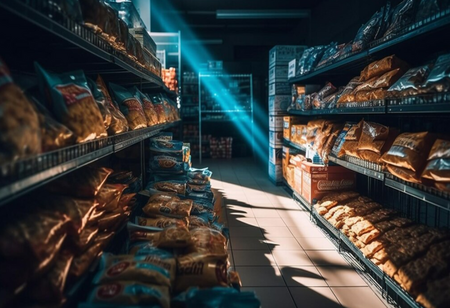Opportunity can also Develop into a Looming Threat for FMCG Behemoths
By Consultants Review Team
 The Internet has democratized social spaces, allowing even ordinary people to express themselves. Similarly, the internet is democratizing markets by providing level playing fields to both large and small market participants. With the Indian e-commerce market set to explode, a large segment of Indians shopping online, particularly in Tier-II and Tier-III cities, will pose a challenge to big FMCG companies that have a stranglehold on traditional distribution channels that no upstart can scale up and become a competitor in a few years. To prosper, the rapidly developing e-commerce business can generate hundreds of little brands that will nibble on the market shares of big brands.
The Internet has democratized social spaces, allowing even ordinary people to express themselves. Similarly, the internet is democratizing markets by providing level playing fields to both large and small market participants. With the Indian e-commerce market set to explode, a large segment of Indians shopping online, particularly in Tier-II and Tier-III cities, will pose a challenge to big FMCG companies that have a stranglehold on traditional distribution channels that no upstart can scale up and become a competitor in a few years. To prosper, the rapidly developing e-commerce business can generate hundreds of little brands that will nibble on the market shares of big brands.
A report by Bain & Company in cooperation with Flipkart, which anticipates strong growth and significant untapped potential in India's e-commerce sector, should raise red flags for large FMCG companies, even if it appears to offer good opportunities. The big firms, of course, have factored in the future growth potential of e-commerce and are actively pursuing this industry.
What they may not have anticipated are the massive convulsive shocks to the retail landscape caused by emerging consumer technology enabled by artificial intelligence; falling logistics costs; and rapidly shifting consumer behavior that can become highly unpredictable due to volatile social and cultural trends.
A massive consumer market is forming
According to a recent Bain & Co report, e-commerce in India is predicted to surpass $160 billion (about Rs 13 lakh crore) by 2028. The e-commerce market is estimated to be worth $57-$60 billion (Rs 4.75 lakh crore to Rs 5 lakh crore) in 2023, with an annual shopper base of roughly 240 million, indicating a $8-$12 billion yearly growth since 2020.







